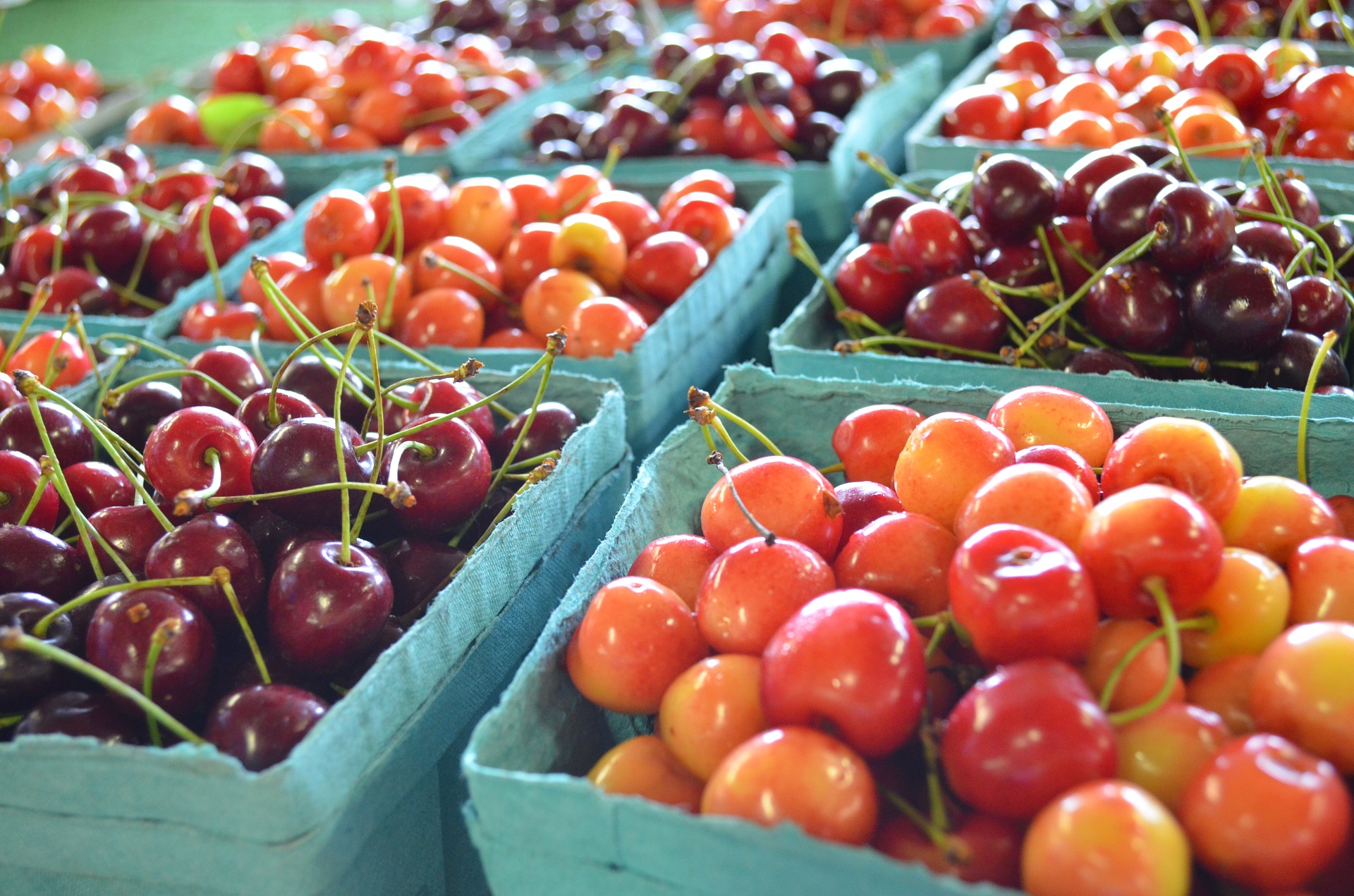The benefits of organic foods seem like a closed case to many advocates of healthy living.
To them, these benefits are a logical deduction.
On the other side of the fence, critics of this current health craze jeer in gleeful mockery.
They attempt to invalidate such claims, stating that conventional foods are just as healthy.
Who should we believe?
Since organically grown foods are anywhere from 10 to 30 percent more expensive than mass-produced foods, this matter has an impact on everybody’s billfold.
After all, why spend the additional bucks if there is no difference in the quality?
Before we attempt to resolve these bones of contention, let’s first identify what makes food “organic.”
Before 1940, there was no such thing as non-organic food.
Conversely, most food purchased in today’s supermarkets are non-organic.
So what’s the difference?
Organically grown foods are produced using old-fashioned farming methods.
Non-organic foods are produced using modern farming methods.
Of course, not everything that is modern is bad and not everything that is old-fashioned is good.
That said, here are some differences between these two types of foods:
- Organic farmers use natural fertilizers. Non-organic farmers use chemical fertilizers.
- Organic farmers combat weeds using plant-killing compounds generated from the environment, along with crop-rotation, mulch, and tilling. Non-organic farmers use synthetic herbicides to get rid of weeds.
- Organic farmers use natural pesticides to fight insects and disease. Non-organic farmers use synthetic insecticides.
- Unlike non-organic foods, organic food products don’t contain mono sodium glutamate, artificial additives and sweeteners, preservatives, processing aids, or added coloring and flavors.
Of course, coloring and flavors are added to mass-produced foods to make them look and taste better.
The billion dollar question is: “Are artificial additives harmful?”
Some say yes, some say no.
Though the USDA concedes that organically grown produce contains substantially less pesticide residues, they would like for us to believe that they are too insignificant to fret over.
Environmental Benefits
Environmentalists contend that organic farming benefits the environment, making a case that this type of farming conserves our water supply, preserves our soil, and reduces pollution.
Taste The Difference
Most of those choosing organically grown foods over non-organic foods claim these foods are not only more nutritious, but more delicious too.
What Are The Health Benefits?
So what health benefits can be derived from choosing organically grown foods?
Bottom line, these foods contain a higher quantity of vitamins and minerals, which results in a better quality of health.
To replace the natural vitamins and minerals that are lost through our modern-day farming and food-processing techniques, synthetic vitamins and minerals are manufactured and then added to pick up the slack.
There is much confusion and many opposing opinions regarding the efficacy of synthetic vitamins and minerals.
Are Synthetic Vitamins And Minerals Just As Good As Natural Ones?
Some say yes. Some say no.
Margaret Jazayeri, a physician assistant at Duke Primary Care Timberlyne, is convinced that natural is better.
Natural vitamins come from sources that occur in nature while synthetic vitamins are made from cheap artificial ingredients that try to mimic nature.
According to Jazayeri, since the body won’t absorb most of the nutrients found in synthetic vitamins, we eliminate them.
More Nutrients, Less Nitrates
Organically grown oranges deliver 30 percent more vitamin C than non-organic oranges, according to a study conducted by The University of Missouri.
Certified nutritionist Virginia Worthington reports that, unlike vegetables grown with modern farming methods, it only takes one serving of organically grown lettuce, spinach, potatoes, carrots, and cabbage to provide the recommended daily allowance of vitamin C.
Food grown organically has approximately 27 percent more vitamin C than non-organic food, plus 29 percent more magnesium, 21 percent more iron, 13 percent more phosphorus, and 18 percent more polyphenols.
Polyphenols protect the body from allergies, arthritis, heart disease, cancer, and more.
Summary
The disadvantage of switching to organically grown food is, you will probably spend 10 to 30% more on groceries.
The advantage of switching to organically grown foods is better health, better taste, and lower doctor bills.
Is the trade-off worth it?
Only you can answer that question.
Tom Gruber is the founder of My Health Wealth Team and an independent distributor of organic health products.
For more information on the benefits of organic foods, visit http://myhealthwealthteam.com
Article Source: http://EzineArticles.com/7819022

Leave a Reply
You must be logged in to post a comment.